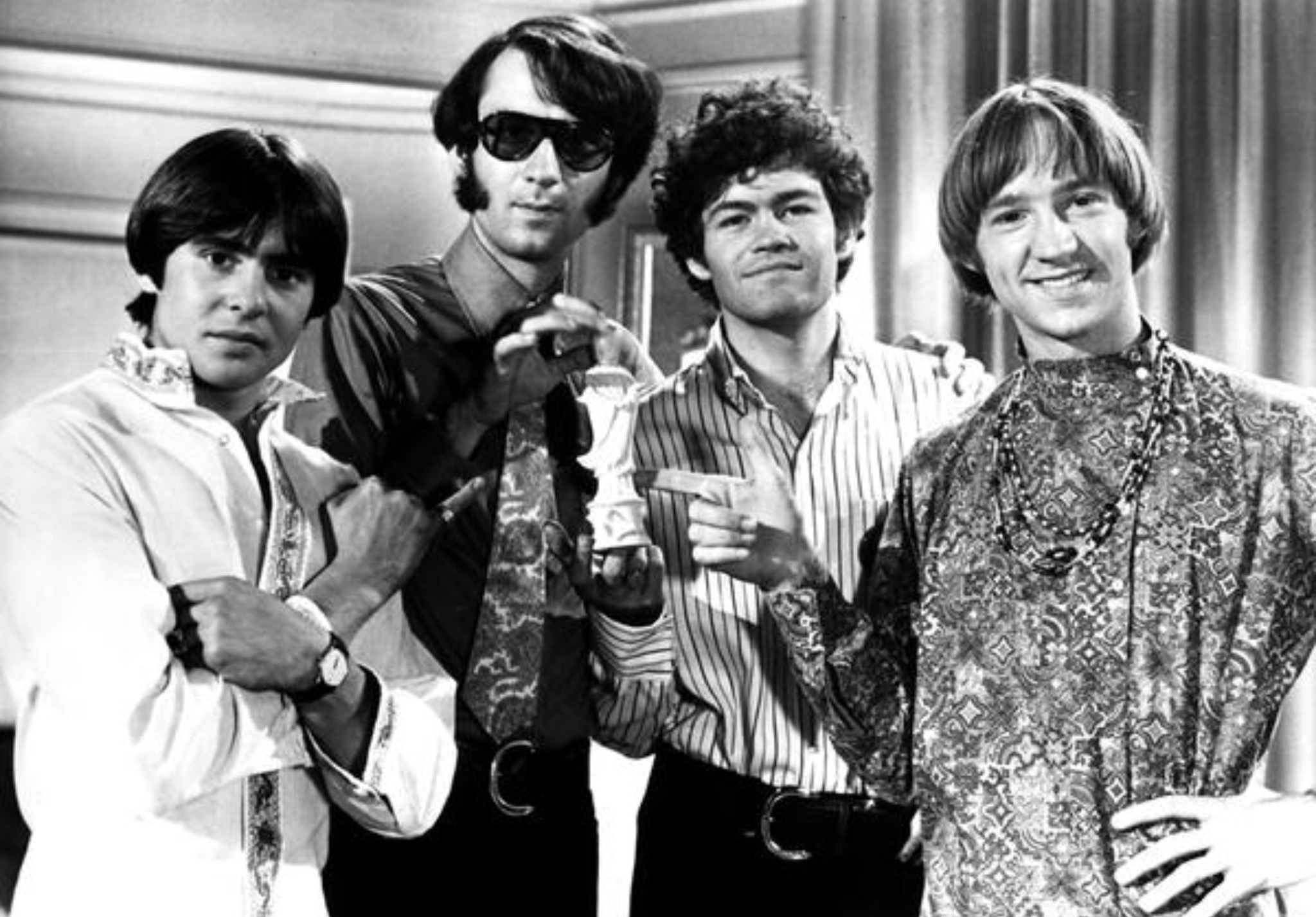
Reflecting on the Passage of Time: “That Was Then, This Is Now” by The Monkees
In the lush tapestry of musical history, “That Was Then, This Is Now” by The Monkees emerges as a poignant reflection on the inexorable passage of time and the evolution of personal identity. Released in 1986, this single was a testament to the enduring appeal and adaptability of a band that had first captured hearts in the vibrant 1960s. The song is a vessel of nostalgia and introspection, perfectly capturing the bittersweet essence of looking back while embracing the present.
The Monkees, initially formed as a television band in 1966, quickly transcended their initial concept to become genuine pop icons. By the mid-1980s, however, they were navigating an era far removed from their original heyday. Yet, with “That Was Then, This Is Now,” they successfully managed to carve out a place for themselves in a new musical landscape. This track was released as part of their compilation album Then & Now… The Best of The Monkees, which served to reintroduce them to a new generation while providing long-time fans with a fresh dose of nostalgia.
Upon its release, “That Was Then, This Is Now” climbed to number 20 on the Billboard Hot 100 chart, marking a significant achievement for the band after nearly two decades since their initial success. This resurgence was fueled in part by a renewed interest in The Monkees’ earlier work, thanks to reruns of their television series and a wave of ’60s nostalgia sweeping through popular culture at the time.
The story behind “That Was Then, This Is Now” is one of reinvention and adaptation. Originally penned by Vance Brescia in 1982, the song languished in relative obscurity until it was picked up by The Monkees. Brescia’s original version was infused with New Wave influences, but when it reached the hands of Micky Dolenz and Peter Tork, it took on a new life. Their rendition imbued it with a classic pop rock sensibility that was both fresh and familiar.
Lyrically, “That Was Then, This Is Now” delves into themes of change and self-awareness. It speaks to anyone who has ever felt the weight of past decisions and the relentless march of time. The opening lines set the tone for this reflective journey: “You always said you’d hold my hand / You’d always be there / I wonder what you’d think about me now / If you could see me now.” These words resonate deeply with listeners who have experienced life’s inevitable changes and are left pondering what might have been.
The song’s chorus serves as a powerful reminder that while we cannot change our pasts, we have the power to shape our present: “That was then / This is now / Let me prove my love girl / I’ll make you proud.” It’s an anthem for those seeking redemption and a fresh start—a message that remains timeless and universally relevant.
Musically, the track is buoyed by an upbeat tempo and catchy melody that belie its introspective lyrics. The juxtaposition of lively instrumentation with thoughtful words creates a dynamic listening experience that encourages both reflection and hopefulness. Micky Dolenz’s distinctive voice carries an emotional weight that brings authenticity to the song’s narrative.
For many older listeners, “That Was Then, This Is Now” evokes memories of youthful dreams and ambitions juxtaposed against the wisdom gained through life’s journey. It serves as both a reminder of days gone by and an encouragement to embrace the present moment—a sentiment that resonates strongly with those who have witnessed their own transformations over the years.
In essence, “That Was Then, This Is Now” stands as a testament to The Monkees’ ability to remain relevant across generations. It encapsulates the spirit of reflection and renewal, offering listeners both young and old an opportunity to pause and consider their own journeys. As time marches on, this song remains a cherished piece of musical history—a gentle reminder that while we cannot return to yesterday, we can make today meaningful.
